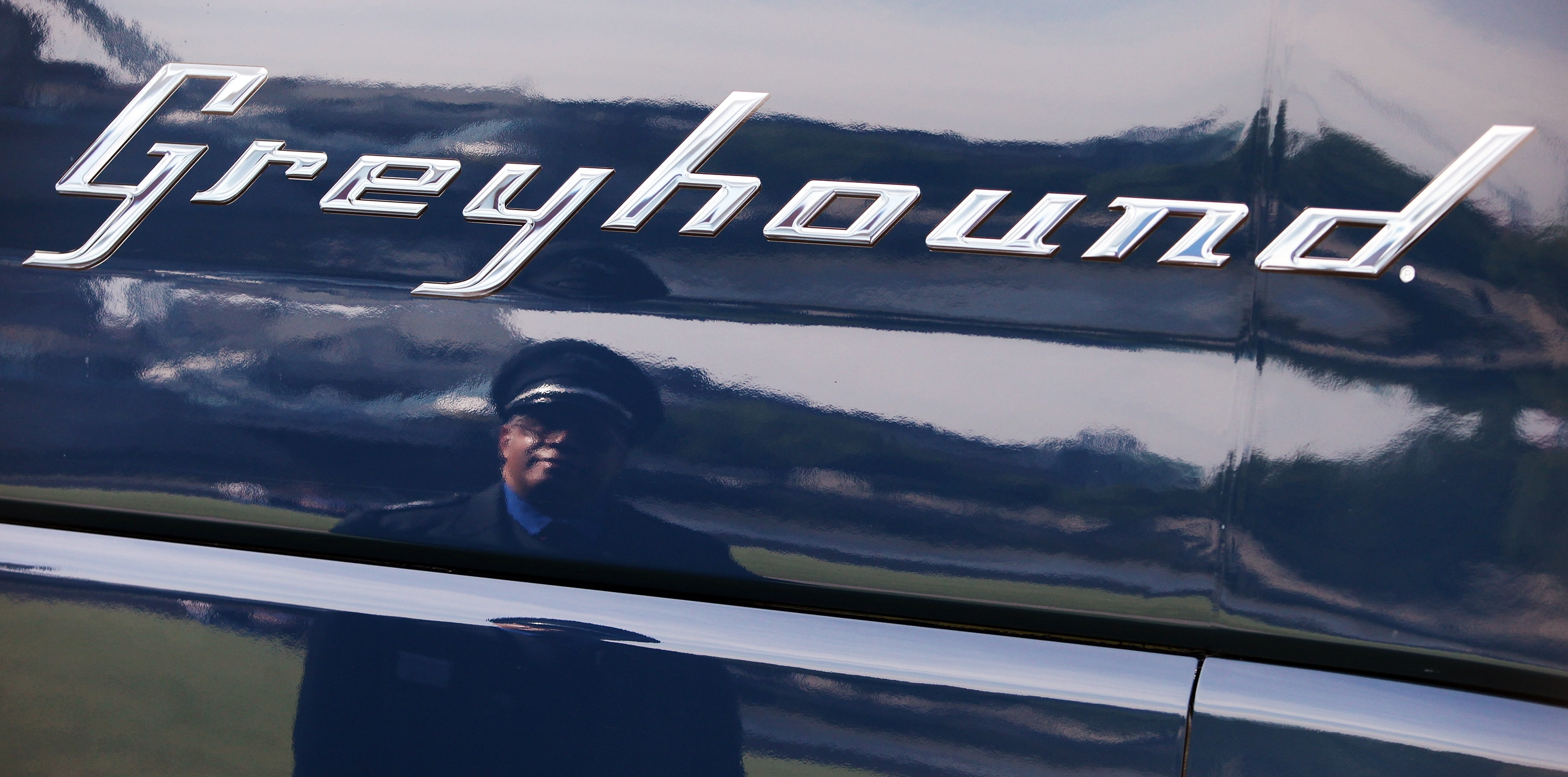Former President Donald Trump in Chicago on Tuesday defended his economic policy proposals, deflecting questions and concerns surrounding potential trade wars and dismissing talk of negative consequences.
In an interview with Bloomberg Editor-in-Chief John Micklethwait for the Economic Club of Chicago, Trump argued his economic proposals will do more good than harm, said the Jan. 6 Capitol riots were peaceful protests, discussed concerns about his plans for an immigration crackdown and the potential impacts on the economy, and more.
The interview largely centered on the economy, both because it was held for the Economic Club of Chicago and given to a room full of business leaders, but also because the topic is top of mind for voters, Micklethwait said at the start.
When challenged about his thoughts on tariffs, Trump told the room tariff is "the most beautiful word in the dictionary."
"It's my favorite word. It needs a public relations firm to help it, but it's the most beautiful word," he said.
He argued that his plans for implementing, in some cases, tariffs up to 100% will bring companies back to the U.S. Micklethwait, however, raised questions over the loss of jobs for companies relying on China for their business and trade, saying, "you could be plunging America into the biggest trade war."
"There are a lot of jobs that rely on foreigners coming here. You're going to basically stop trade with China. You're talking about 60% tariffs on that. You're talking, as you said, 100%, 200% on things you don't really like. You're also talking about 10-20% tariffs on the rest of the world. That is going to have a serious effect on the overall economy," Micklethwait said. "And yes, you're going to find some people who will gain from individual tariffs. The overall effect could be massive."
Local
"I agree it's going to have a massive effect - a positive effect," Trump replied.
Trump also faced questions over the impact such tariffs could have on foreign policy.
Feeling out of the loop? We'll catch you up on the Chicago news you need to know. Sign up for the weekly Chicago Catch-Up newsletter.
"You're talking about slamming allies with 30%, 20% tariffs. Isn't this time you're going to end up trying to rally the West and you're dividing it instead? Isn't that the real problem with tariffs, even beyond all the problems to the economy, where you keep on bringing up these individual examples, but the overall effect is going to be dramatic," Micklethwait said.
Trump, who said "we have never been so close to World War III as we are right now," argued that U.S. allies "have taken advantage of us more than our enemies."
"They screw us on trade so bad, the European nations," he said. "And then on top of that, they were screwing us on the military. So they're taking tremendous advantage of us."
Trump has a long history of criticizing NATO, with his former NSA head John Bolton warning Trump could aim to withdraw the U.S. from the alliance if he were sent back to the White House.
When asked about concerns, and some even betting on whether his policies will drive up inflation and that his proposals "are running up enormous debt," Trump pointed to prices during his presidency and said "you've been wrong all your life on this stuff."
In June, 16 Nobel Prize-winning economists signed a letter expressing fear that Trump’s proposals would “reignite inflation.” A separate study from the Peterson Institute for International Economics predicted that Trump’s policies would cause inflation to jump by as much as 9.3% in 2026, as opposed to the currently predicted 1.9%.
Vice President Kamala Harris, who has not accepted a similar invitation to speak at the Economic Club of Chicago, in August revealed plans to impose a federal ban on price gouging on groceries, enact a new $6,000 child tax credit for families with newborn children and give first-time home buyers $25,000 in down-payment support, among a slew of other proposals. She remains light on specifics of how such proposals might work, however, and has faced criticism from Republicans who question having government set prices and whether such measures will increase deficits.
Still, despite promises given by both presidential candidates, experts are providing a word of caution.
"I think it is important that consumers understand that we're not going back to 2019 food prices. That's not happening," Maria Kalaitzandonakes, an assistant professor in the Department of Agricultural & Consumer Economics at the University of Illinois Urbana-Champaign, told NBC Chicago last week.
"Can politicians walk into office, flip a switch and lower food prices? No, that's just not reality. It's going to be a complex, long, difficult process of addressing a variety of issues," said Jonathan Coppess, an associate professor of agricultural law and policy at the University of Illinois Urbana-Champaign.
Coppess noted that tariffs could have a significant impact on such prices, however, as could policies against price gouging.
"Depending on how tariffs are implemented or what products they hit, it's going to have a major impact on your cost. Going after issues like profiteering and price gouging: How is that going to impact what a company is going to charge or how those supply chains challenges get put into the grocery bill?" Coppess said.



